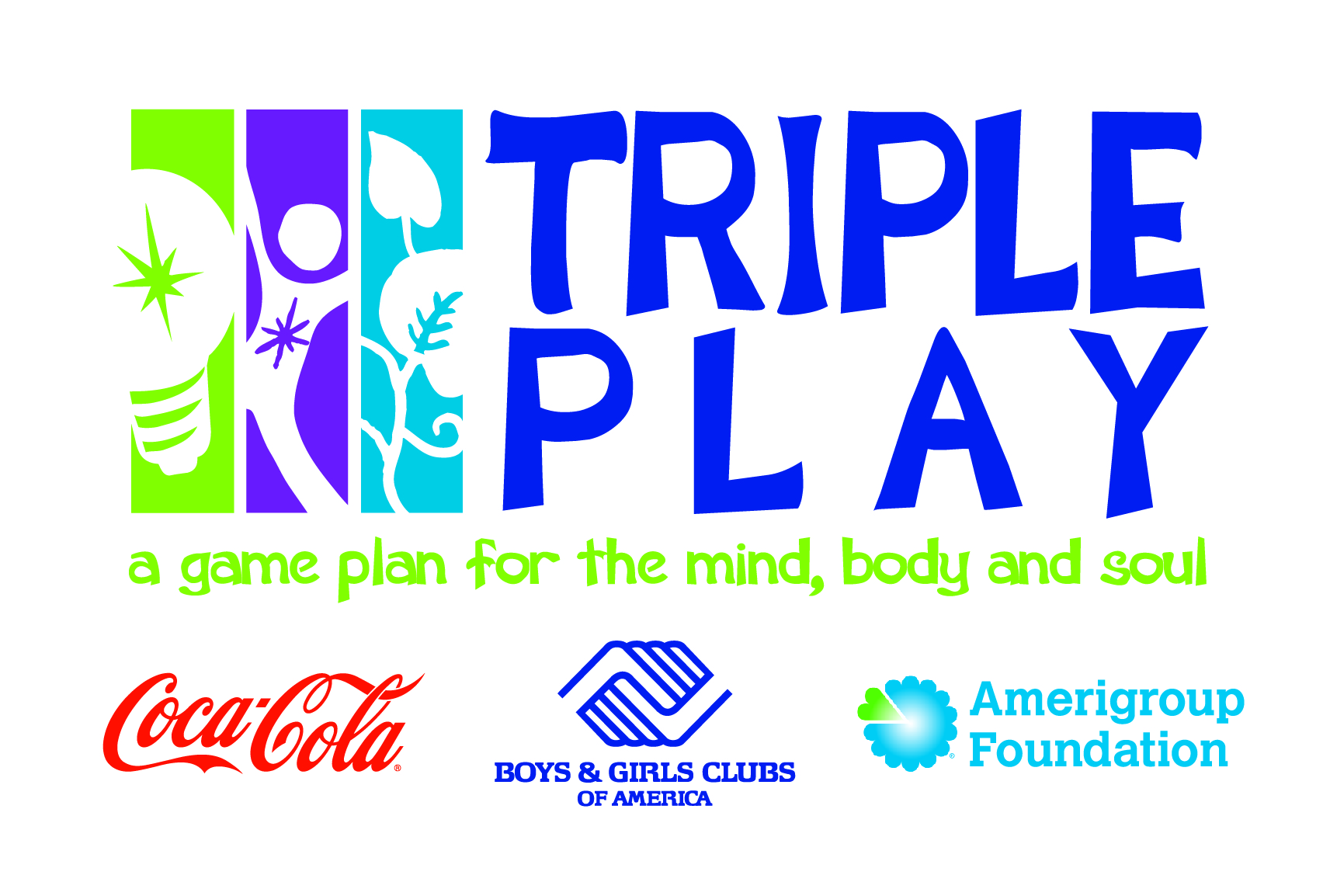Postpartum Depression in mothers: A holistic guide to symptoms and recovery
Postpartum depression is a complex, often underestimated condition affecting numerous new mothers every year. Unlike the more transient “baby blues,” which affect many after childbirth, postpartum depression presents a more severe emotional turmoil that can profoundly impact a mother’s ability to connect with her child and function daily. About one in seven women in the United States alone experience postpartum depression. Recognizing the signs and symptoms of this condition is not just beneficial—it’s crucial for the well-being of both mother and child, emphasizing the need for awareness, timely intervention, and compassionate support.

Understanding Postpartum Depression
Postpartum depression (PPD) is a mental health condition that can occur after childbirth, characterized by persistent feelings of sadness, anxiety, and fatigue that interfere with a mother’s daily tasks. Distinguished from the mild and short-lived “baby blues,” PPD symptoms are more intense and last much longer, potentially evolving into a long-term depressive disorder if left untreated. Women with PPD might experience mood swings, feelings of inadequacy, inability to bond with their baby, and a withdrawal from family and friends.
These symptoms can manifest within weeks of delivery and, without proper intervention, may escalate, affecting the mother’s ability to care for herself and her newborn. Understanding these symptoms is pivotal for mothers and their support networks to recognize the need for help and to foster a supportive environment for recovery.
Medical Interventions
Medical treatment for postpartum depression often includes a combination of medication, such as antidepressants, and therapy. Cognitive-behavioral therapy or interpersonal therapy can be particularly effective. For those looking for treatment in a metropolitan area, New York City therapists who specialize in postpartum care play a vital role in the healing process. By offering both one-on-one and group support tailored to new mothers, they open new avenues for healing.
This professional guidance is integral to managing symptoms and developing coping strategies for a healthy recovery.
Risk Factors for Postpartum Depression
Various factors can heighten the risk of developing postpartum depression, including a history of depression, significant life stressors, or complications during childbirth. Hormonal fluctuations also play a significant role, as the sudden drop in estrogen and progesterone after delivery can contribute to PPD symptoms. Lack of support, breastfeeding challenges, and the stress of caring for a newborn amplify these risks. Recognizing these factors is essential for expecting mothers and their healthcare providers to preemptively formulate a plan for postpartum support and care.
The Role of Support System
A robust support system is instrumental in the recovery from postpartum depression. Family and friends can offer practical help with household duties and childcare, allowing mothers the time they need to rest and seek treatment. Emotional support is equally critical; open conversations and empathetic listening can provide solace and understanding. Such networks can also help in identifying symptoms of PPD early on, encouraging and sometimes even facilitating professional help. Overall, the presence and involvement of a caring community can significantly alleviate the isolation and burden a new mother with postpartum depression might otherwise face.
Lifestyle Adjustments and Home Remedies
Recovery from postpartum depression can be supported by lifestyle adjustments such as regular physical activity, which has been shown to improve mood, and a nutritious diet to restore physical and mental well-being. Adequate sleep and hydration are also crucial. Home remedies, like using lavender oil for relaxation or practicing mindfulness and deep-breathing exercises, can complement medical treatments.
Socializing with friends, joining a support group, or dedicating time to a favorite hobby are additional beneficial practices that can help ease the symptoms of postpartum depression.
The Importance of Self-Care
Self-care is an essential strategy for mothers facing postpartum depression, encompassing activities that nourish the body and soul. Strategies include setting aside time for rest, engaging in light exercise, or enjoying a peaceful hobby. Mothers should be encouraged to acknowledge their feelings without judgment and seek moments of peace through meditation, reading, or warm baths.
These acts of self-kindness can be powerful tools for recovery, helping mothers regain strength and resilience.
When to Seek Professional Help
Professional help should be sought if symptoms of postpartum depression persist beyond two weeks, interfere with daily functioning, or if thoughts of harm to oneself or the baby occur. Promptly consulting a healthcare provider can lead to a referral to a mental health specialist. It’s crucial to recognize when personal coping strategies are no longer sufficient, and professional support is needed.
Many communities offer resources such as support groups, helplines, and access to therapists who specialize in postpartum care. Taking this step is a sign of strength and an important part of the journey to recovery.
Wrapping Up
Understanding postpartum depression is the first step toward healing. Recognizing the symptoms, acknowledging the risks, and embracing support systems can pave the way for effective management and recovery. Medical interventions, lifestyle adjustments, and self-care are critical components in this journey. It’s vital for mothers to know they are not alone and that help is available.
By seeking professional guidance when needed and prioritizing their well-being, mothers can navigate through postpartum depression. Society’s role is to support this process, eradicating stigma so that recovery is seen not just as a possibility, but an expectation.






